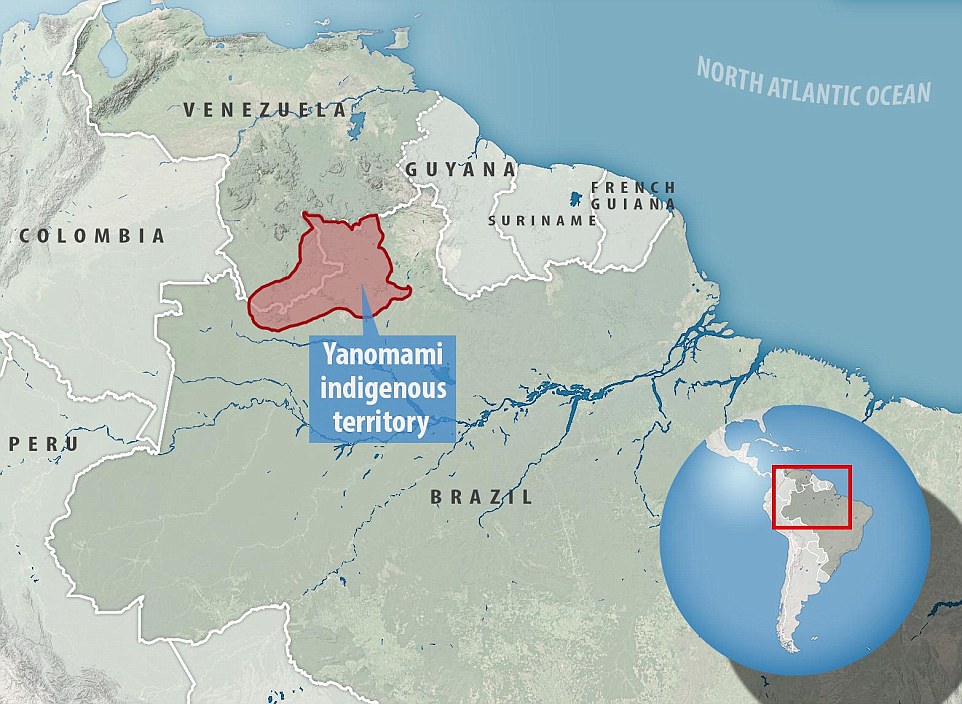The Yanomami and Ye’kwana indigenous communities in Brazil have praised the attention they’ve received from President Luiz Inácio Lula da Silva’s government but are calling for further efforts in areas such as health and territorial protection.
A report from the Socioenvironmental Institute (ISA) highlights their concerns.
The Yanomami region has been severely impacted by deforestation and illegal mining, particularly during Jair Bolsonaro’s presidency (2019-2022), where deforestation almost sextupled.
Under the current administration, there is a noted slowdown, but issues persist.
While the government has expelled approximately 24,000 illegal miners, their presence remains a concern.
The indigenous leader, Júnior Hekurai, emphasizes the need to preserve Yanomami’s security and freedom from invaders.
The report also draws attention to ongoing health and food security challenges.
A newly created health center in Serra dos Surucucus, Roraima, is a positive step, but isolated communities still lack attention, and malaria cases have surged 80% in the first half of the year.
Food aid deliveries have been irregular in priority regions, threatening food security.
The association Hutukara’s Illegal Mining Monitoring System indicated a 300% growth in illegal mining activities between Bolsonaro’s election in October 2018 and his departure in December 2022, affecting 60% of the area’s 30,000 indigenous people.
Although there has been a fight against illegal mining and even a blockage of airspace, the devastated area continues to grow.
Some miners have retreated to the Venezuelan side of the border, still within Yanomami territory, to continue illegal operations or wait for a loosening of oversight.
Furthermore, the Armed Forces only managed to distribute 50% of the food baskets (25,000 per month) allocated by the government to combat malnutrition among Yanomami children.
The indigenous organizations’ recommendations include a more precise continuation of operations, focusing on health stabilization, security, territorial protection, and food security.
The indefinite control of airspace, reinforcement of monitoring in border areas, and administrative sanctions for illegal miners are also suggested.


